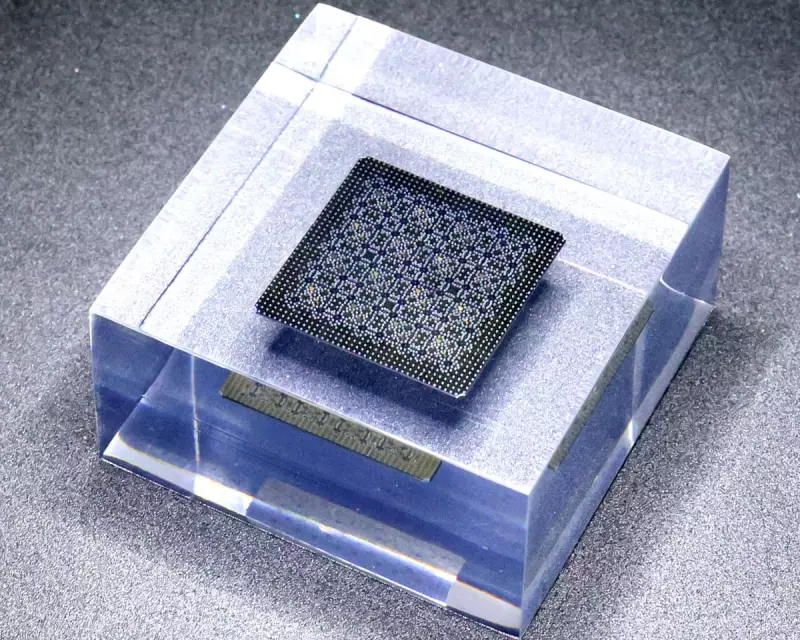
In a landmark achievement that could redefine the future of technology, Google has announced its quantum computer has surpassed the capabilities of the world's most advanced supercomputers. The breakthrough represents what many are calling the 'quantum supremacy' milestone that scientists have pursued for decades.
The Quantum Advantage Realised
Google's latest quantum processor successfully completed a complex calculation in mere minutes that would have taken today's most powerful supercomputers thousands of years to solve. This isn't just an incremental improvement—it's a fundamental shift in what we thought was computationally possible.
"We've crossed into territory where quantum computers can perform tasks that are practically impossible for classical computers," explained a senior Google researcher involved in the project. "This demonstrates a clear computational advantage that opens doors to solving problems we previously considered unsolvable."
What This Means for the Future
The implications of this breakthrough extend far beyond academic curiosity:
- Drug discovery acceleration: Simulating molecular interactions for new medicines
- Climate science: Modelling complex environmental systems and climate change
- Financial modelling: Optimising investment portfolios and risk assessment
- Artificial intelligence: Revolutionising machine learning algorithms
- Cryptography: Developing new security protocols for the quantum age
The Technical Achievement
At the heart of this breakthrough is Google's advanced quantum processor featuring enhanced qubit stability and improved error correction systems. Unlike classical bits that represent either 0 or 1, quantum bits (qubits) can exist in multiple states simultaneously, enabling them to process vast amounts of information in parallel.
The verification process involved multiple independent research teams and extensive testing against Frontier, currently recognised as the world's fastest supercomputer. The results consistently showed the quantum computer completing specific tasks with unprecedented speed and efficiency.
Looking Ahead
While this marks a significant milestone, Google researchers emphasise that practical, widespread quantum computing remains on the horizon. The current achievement demonstrates the potential of quantum computing rather than delivering immediate commercial applications.
"This is the starting line, not the finish line," the research team noted. "We're now focused on developing more stable qubits, improving error rates, and exploring real-world applications that can benefit from quantum advantage."
The breakthrough positions quantum computing as one of the most transformative technologies of the 21st century, with potential impacts across science, industry, and society that we're only beginning to comprehend.





